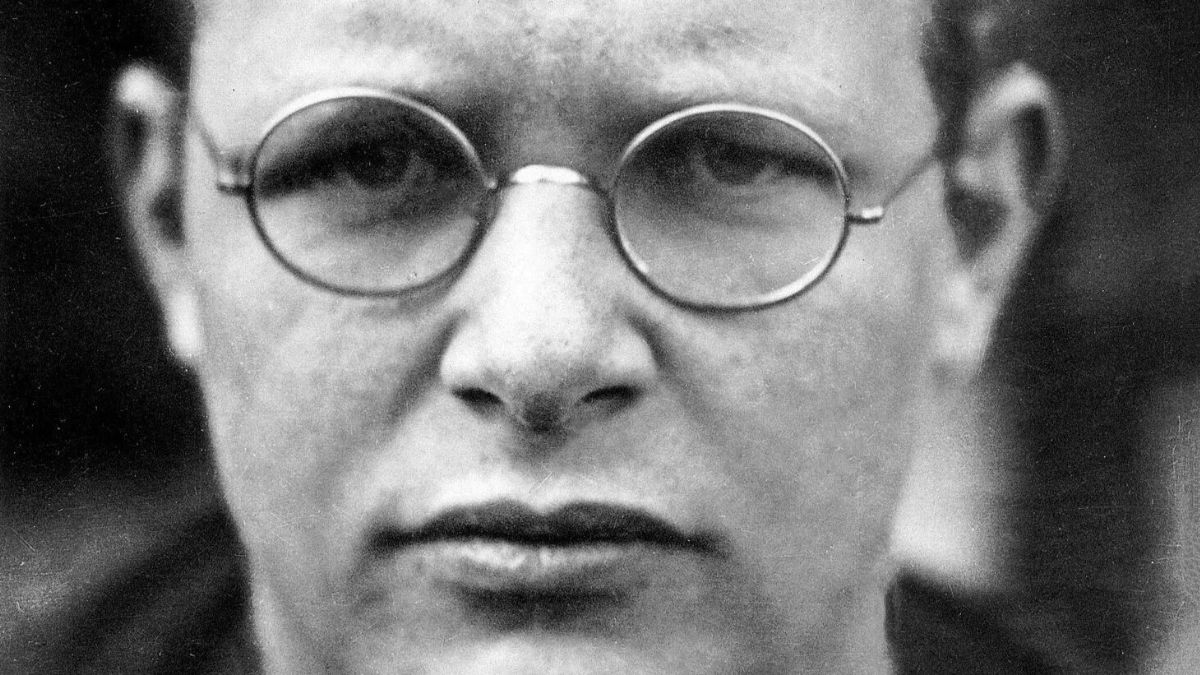

BreakPoint
Dietrich Bonhoeffer
Tonight (June 14, 2000) PBS will take a break from its usual lineup of kid shows, educational programming, British imports, and news programs -- the kind of lineup that makes Christians question public funding for PBS. At 9:30 Eastern Time, public television will air the film Bonhoeffer: Agent of Grace, and it's a wonderful introduction to the life of one of the most remarkable Christian martyrs of this past or any other century. Dietrich Bonhoeffer was a pastor and theologian who came of age in Nazi Germany. While some Christians were submitting to Hitler, Bonhoeffer and others, including theologian Karl Barth, wrote a document called the Barmen Declaration that called on Christians to remember that their first allegiance is to Christ alone. This set them apart from the Nazi regime. As the film relates, Hitler demanded a type of allegiance that Christians could only render to Christ. So Bonhoeffer and a small group of supporters refused to take his loyalty oath -- a decision that would lead to a fatal confrontation. When the war broke out, Bonhoeffer was in New York. He could have stayed, but he chose to go back to Germany to stay with his flock -- a decision that was right, but ultimately cost him his life. Bonhoeffer's legacy includes his writings. In his book The Cost of Discipleship, he coined the memorable phrase "cheap grace," which, as Bonhoeffer put it, is grace without the cross. It's a theology that expects the benefits of grace without the sacrifice of obedience. It was the desire to introduce Americans to both Bonhoeffer and his faith that led to this film. The producers, the Aid Association for Lutherans, approached several major studios with the idea of making a movie about Bonhoeffer's life. The studios were interested in some aspects of Bonhoeffer's life, like his role in the resistance to Hitler, but they wanted nothing to do with the explicitly Christian parts of the story. The Lutherans refused to go along. They pressed on, and they found an unlikely partner: PBS. The resulting film depicts Bonhoeffer's struggle to reconcile his participation in a plot to overthrow the Nazi regime with his own pacifism. The Dietrich Bonhoeffer depicted in this film is a man who understood what it means to fear God, and not presume on grace. At one point, a man who plans on assassinating Hitler asks Bonhoeffer whether God will forgive him. Bonhoeffer answers honestly, "I don't know." By the time we see him being led away to his execution, we understand what Bonhoeffer meant when he said that "only he who believes is obedient, and only he who is obedient, believes." It's a message as relevant today as it was in the clergyman's lifetime. While our nation isn't comparable to 1930s Germany, there are cultural trends that ought to cause Christians constantly to remember where our ultimate allegiance lies. The producers of this film deserve thanks for refusing to water down the message -- and for exposing the myth that Christians did nothing to stop Hitler. I hope you'll watch the film tonight, and I hope you'll ask your neighbors to watch it with you. Bonhoeffer's example presents an opportunity to "give an account for the hope" that not only strengthened and sustained Dietrich Bonhoeffer, but does the same for every believer.
06/14/00















